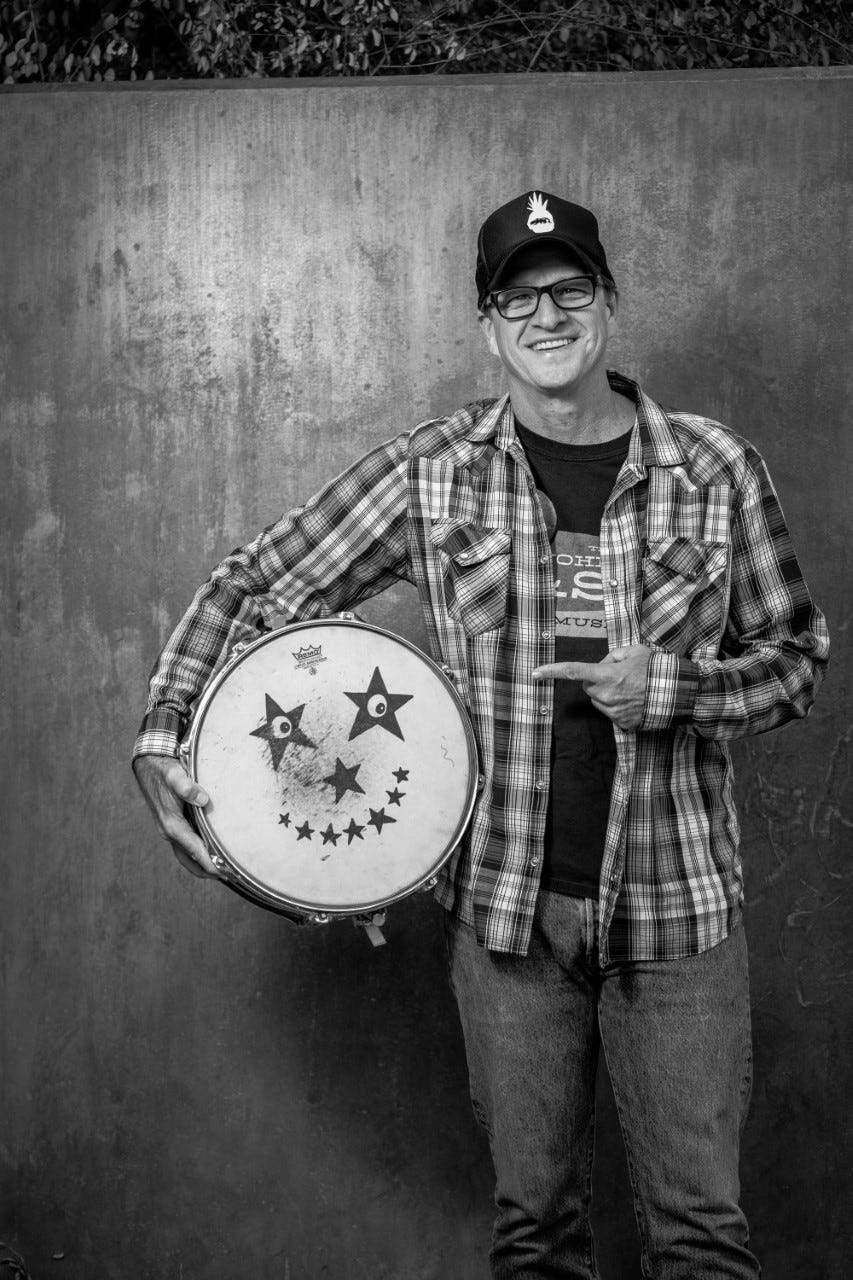5 Questions With S.W. Lauden
The "Mark Twain of power pop" stops by to talk about Popsicko, drumming, and all things music.
Keep reading with a 7-day free trial
Subscribe to On Repeat Records to keep reading this post and get 7 days of free access to the full post archives.

